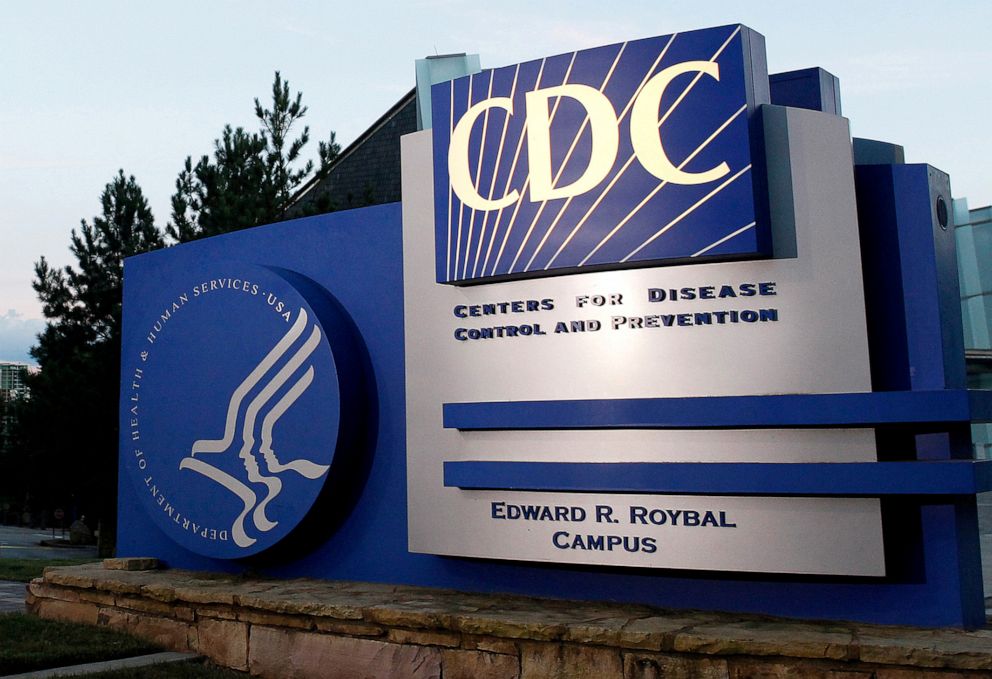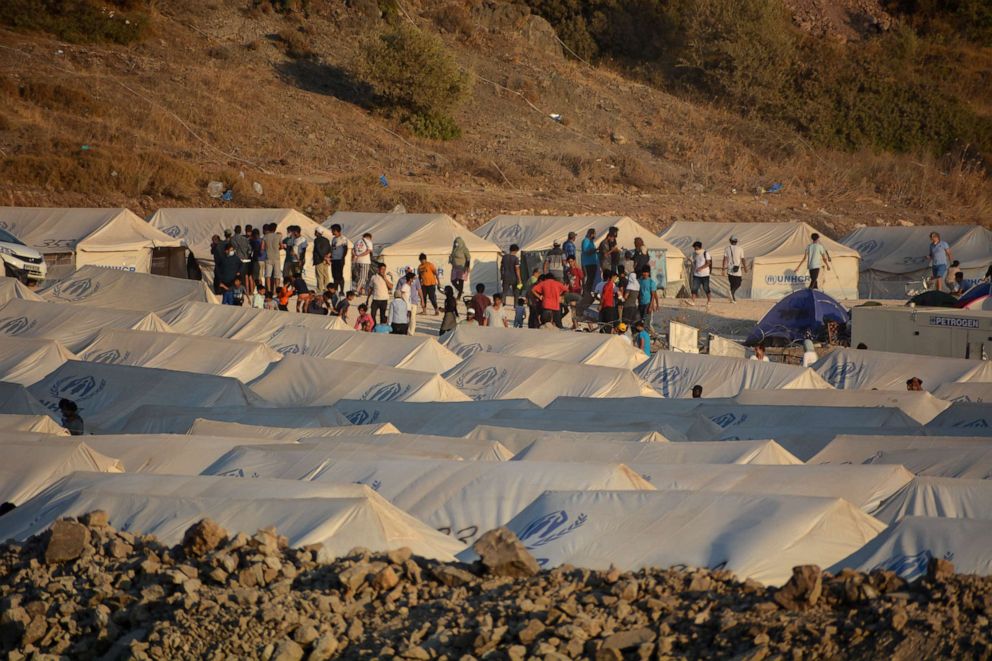CDC adds then removes guidance on airborne spread
The U.S. Centers for Disease Control and Prevention issued and later removed updated guidance on its website to address growing evidence of limited airborne transmission of the virus that caused COVID-19.
It’s already known that the novel coronavirus is most commonly transmitted "through respiratory droplets or small particles, such as those in aerosols, produced when an infected person coughs, sneezes, sings, talks, or breathes."
On Friday, the CDC also included that "There is growing evidence that droplets and airborne particles can remain suspended in the air and be breathed in by others, and travel distances beyond 6 feet (for example, during choir practice, in restaurants, or in fitness classes)," noting that "In general, indoor environments without good ventilation increase this risk."

But on Monday morning, the updated information on airborne transmission was removed from the site and in its place, the agency explained that posting the new information was done in error.
"A draft version of proposed changes to these recommendations was posted in error to the agency's official website. CDC is currently updating its recommendations regarding airborne transmission of SARS-CoV-2 (the virus that causes COVID-19). Once this process has been completed, the update language will be posted."
The World Health Organization acknowledged in July that the novel coronavirus could spread through the air, after hundreds of scientists called for the global health arm of the United Nations to recognize the risk of airborne transmission.
ABC News' Eric Strauss and Sony Salzman contributed to this report.






